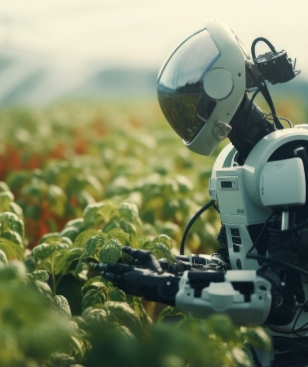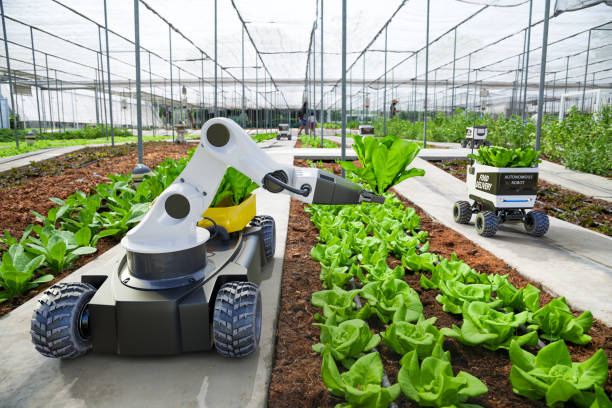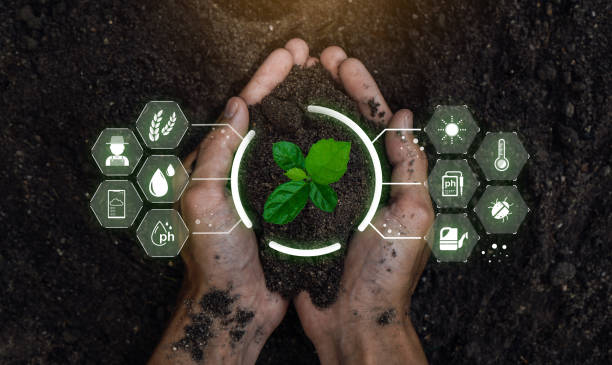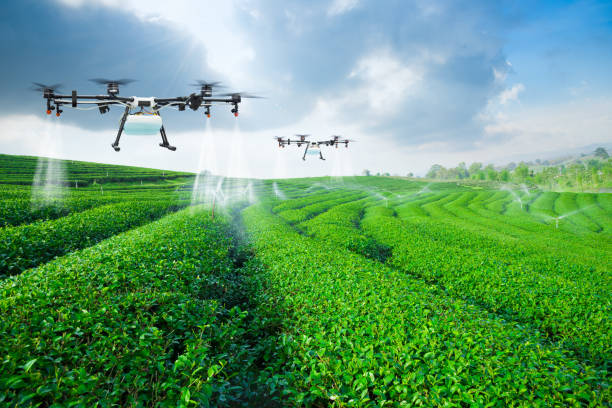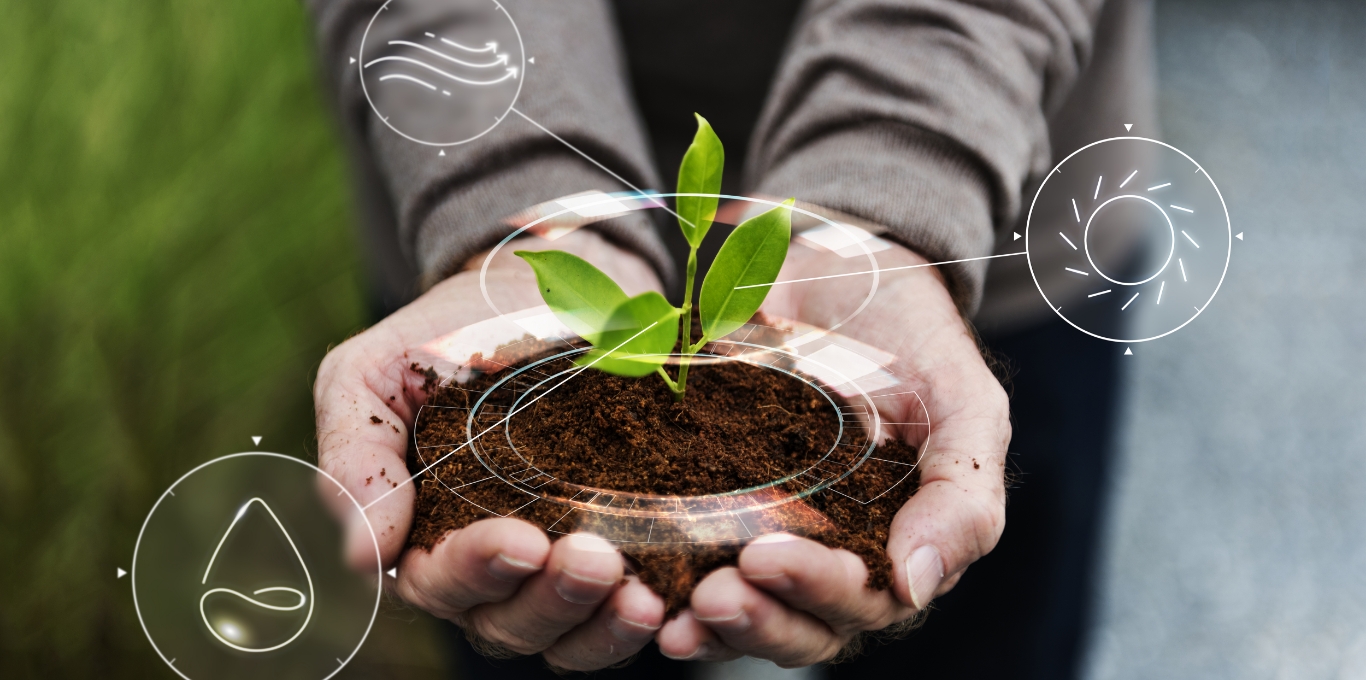
-
Kerala UnveiledKerala UnveiledKerala Insights
Kerala Insights -
Doing Business In KeralaDoing Business In KeralaInvestment Avenue
Kerala Insights -
Media and Events
-
Resources
-
Help and Support
- About Us
- Announcements
- Department of Industries and Commerce
- Directorate Of Industries & Commerce
- Whitepapers
- Tenders
- Country Desk
- Terms And Conditions
- Land Bank
-
Kerala UnveiledKerala InsightsUniquely DifferentDiscover Opportunities
-
Doing Business In KeralaBusiness FacilitatorsInvestment Avenue
-
Media and Events
-
ResourcesBudget
-
Help and SupportContact Us


